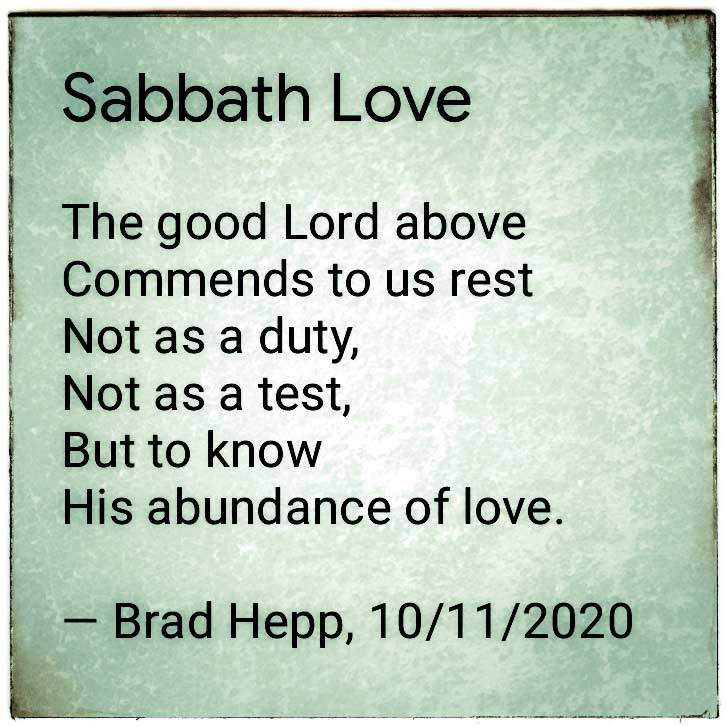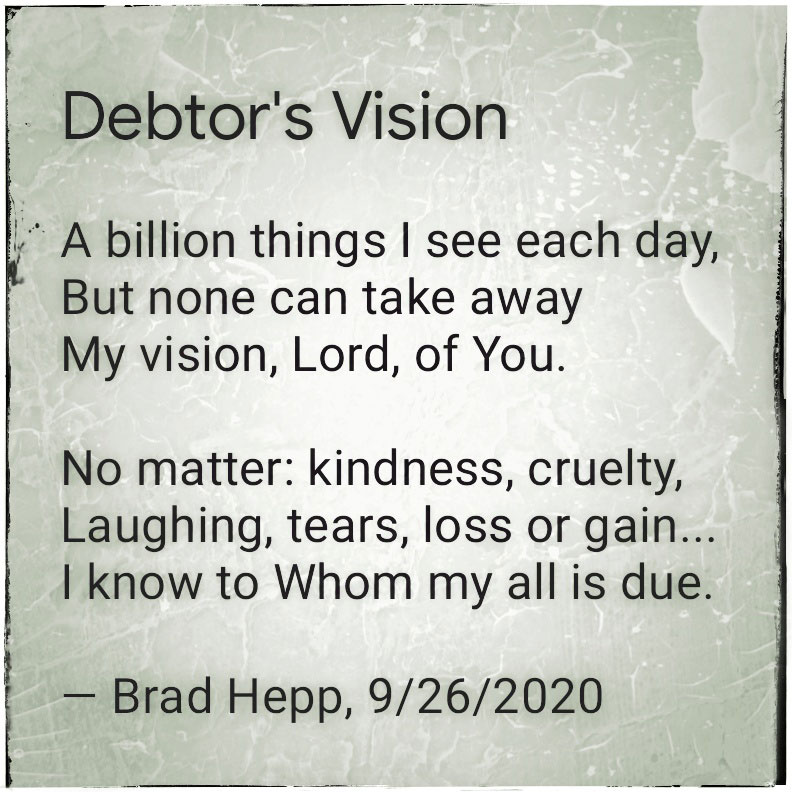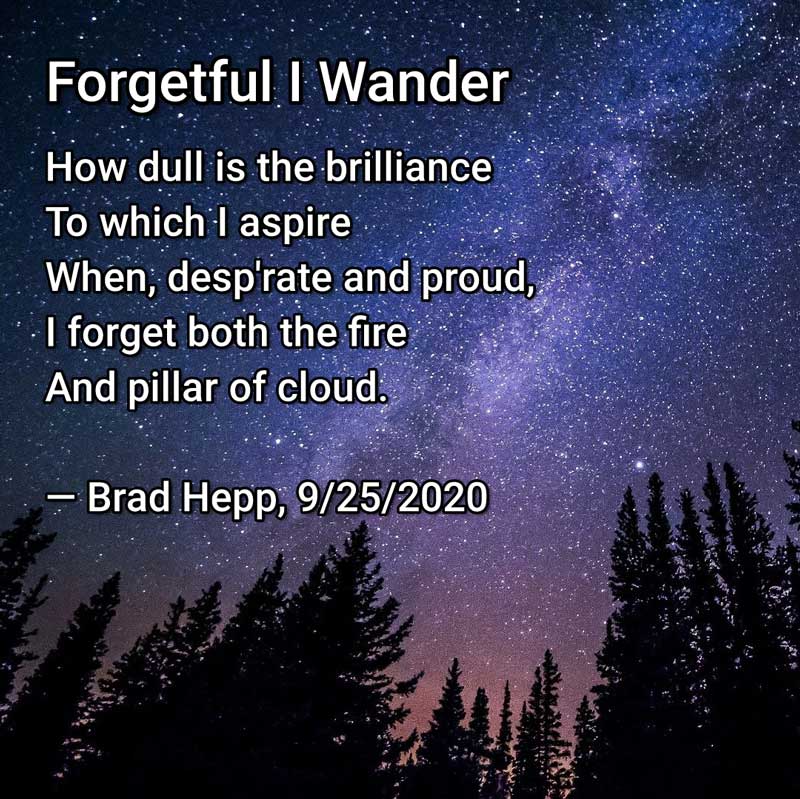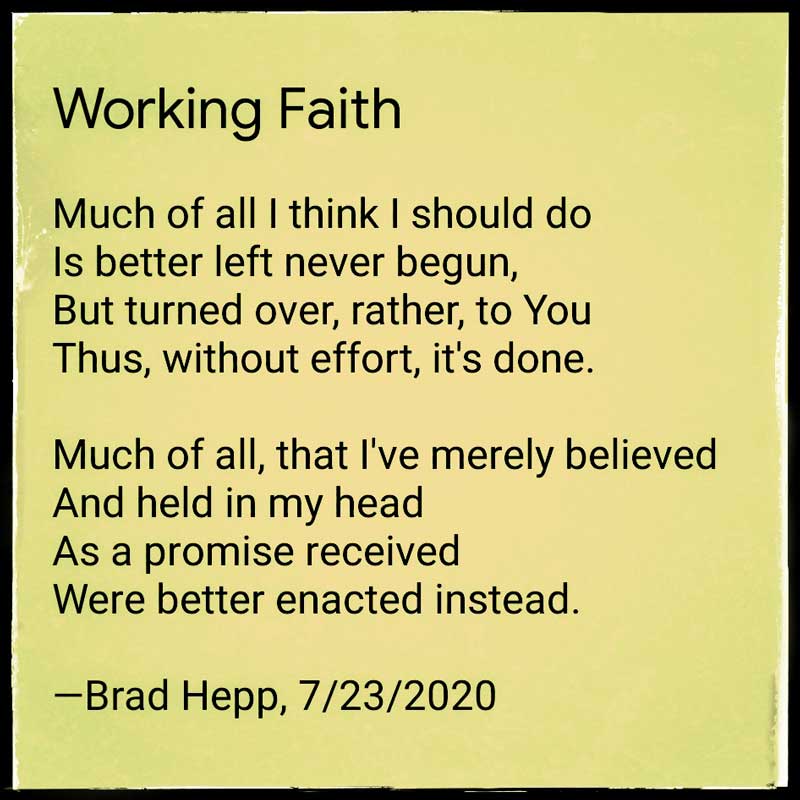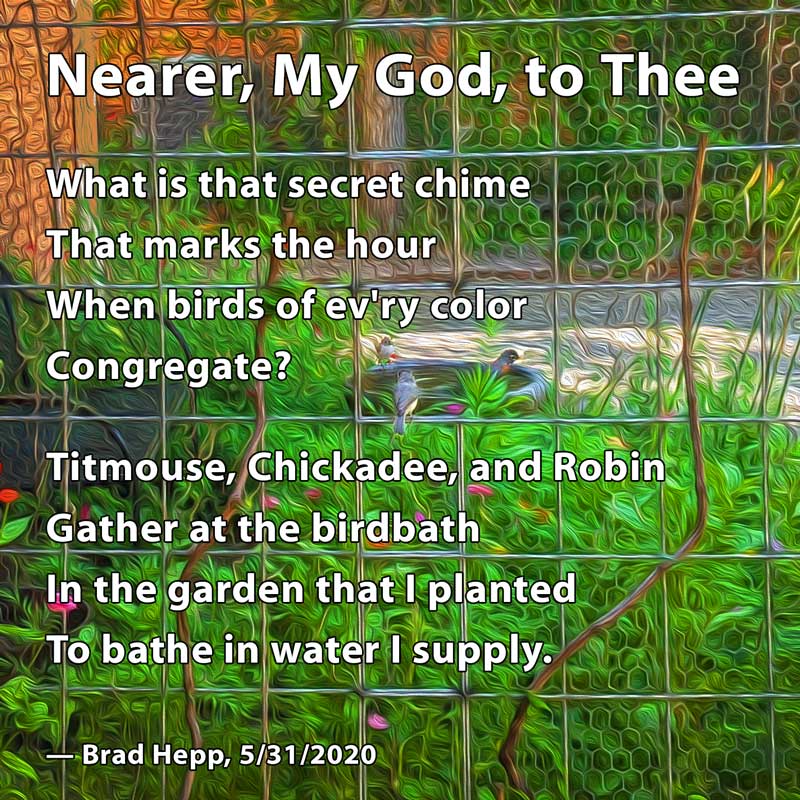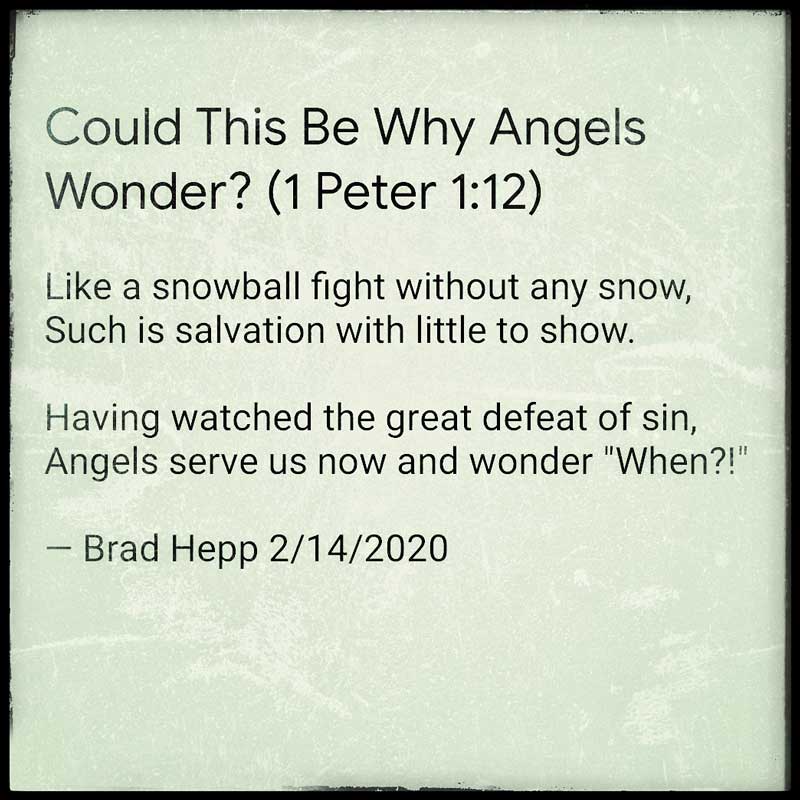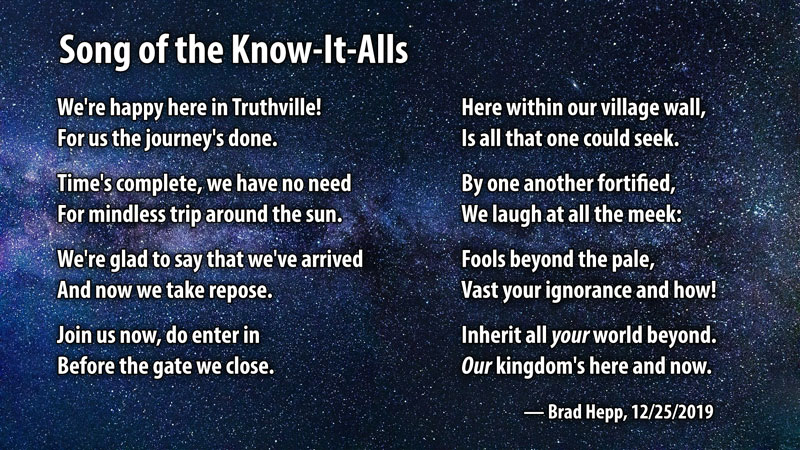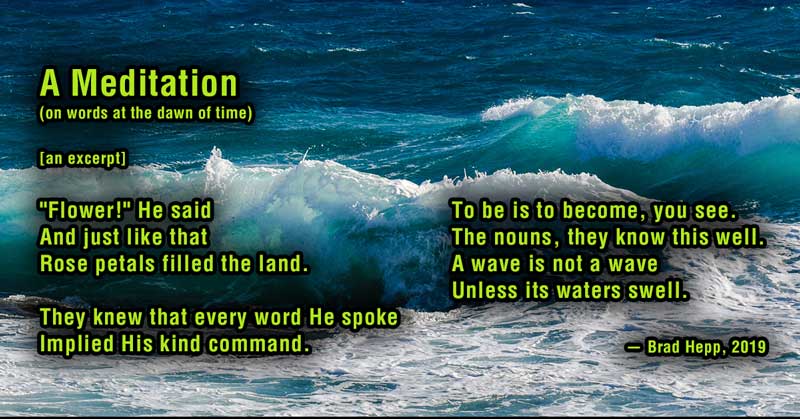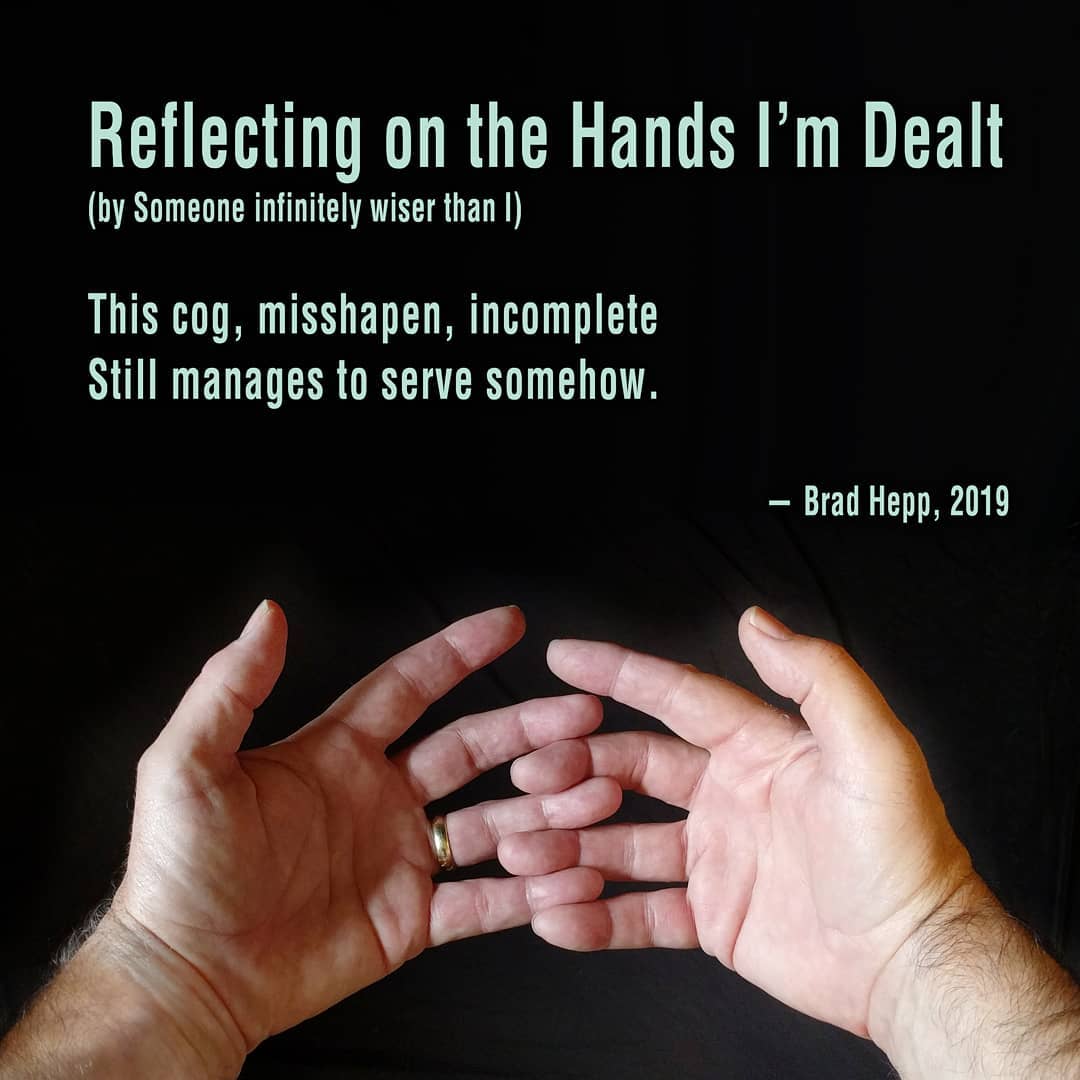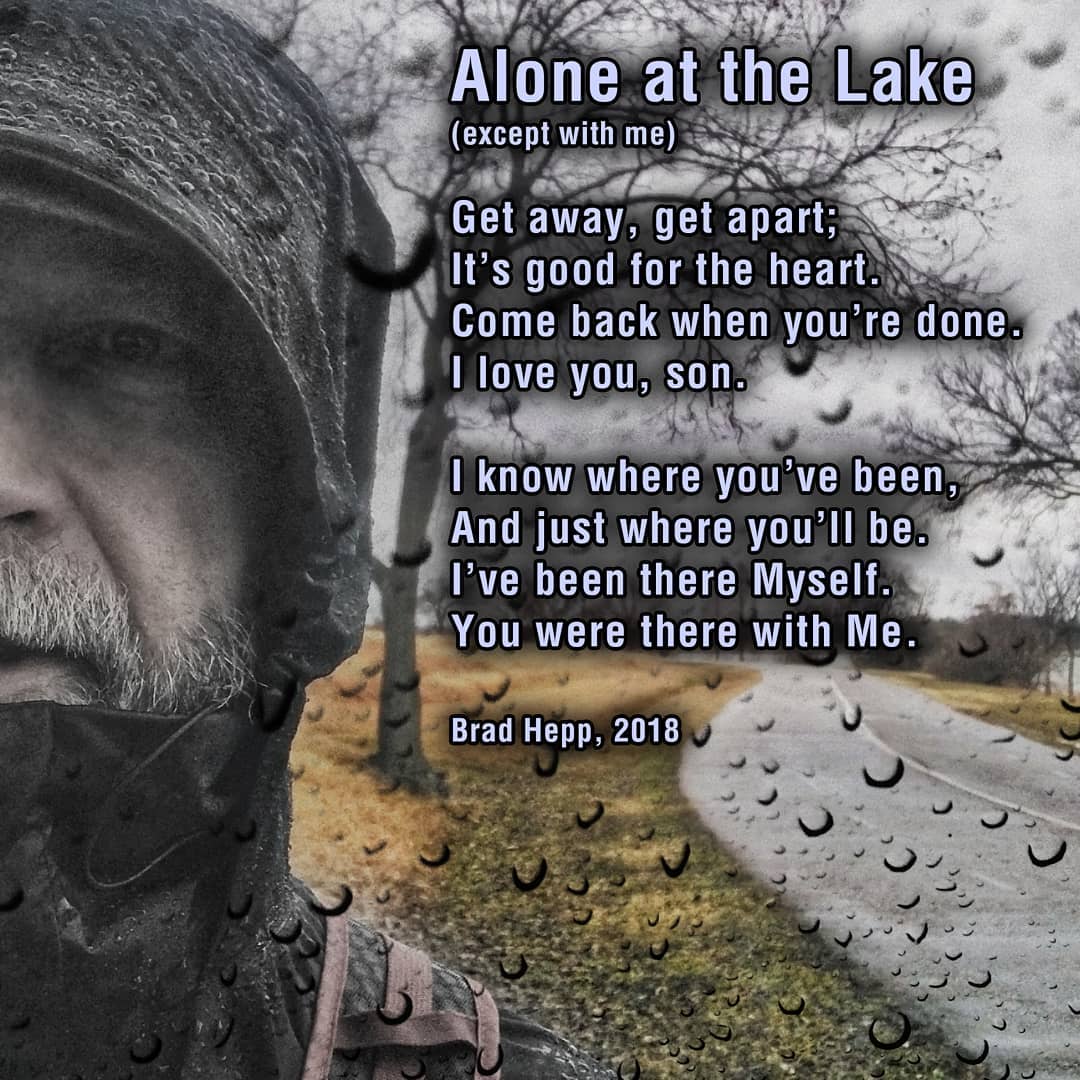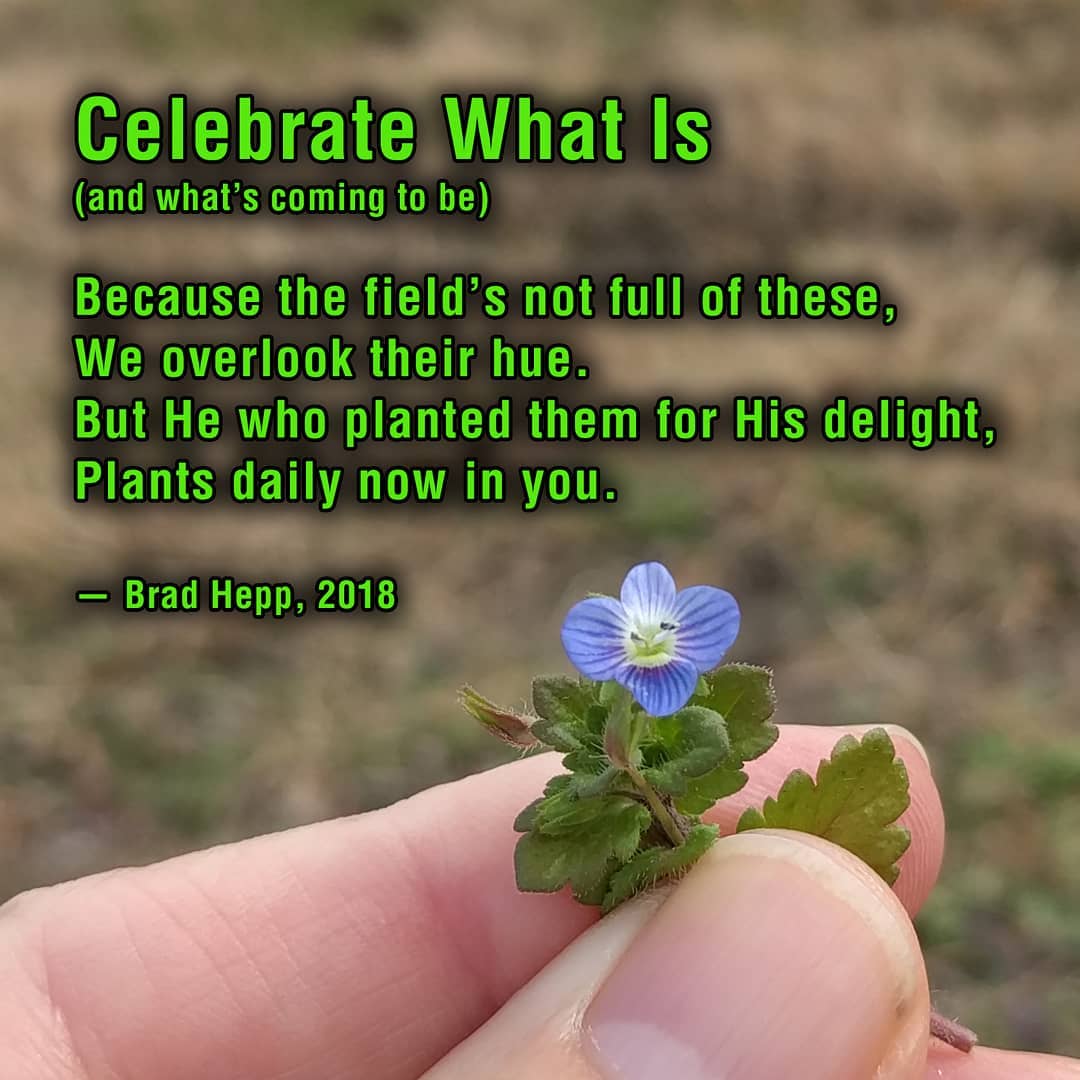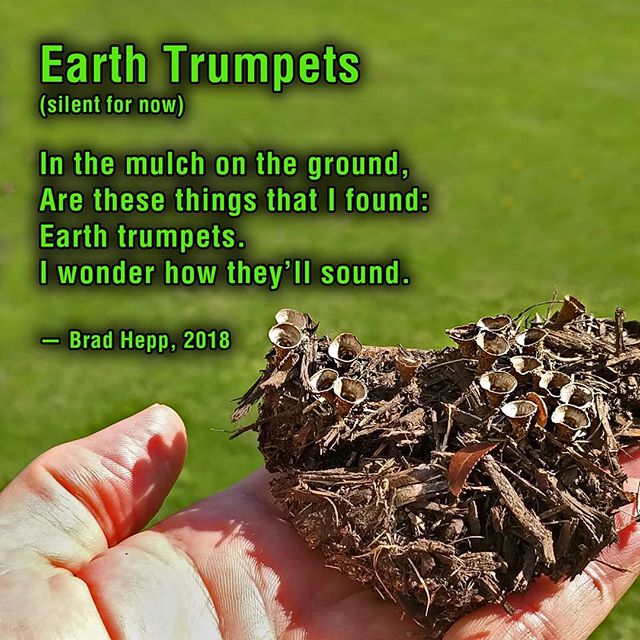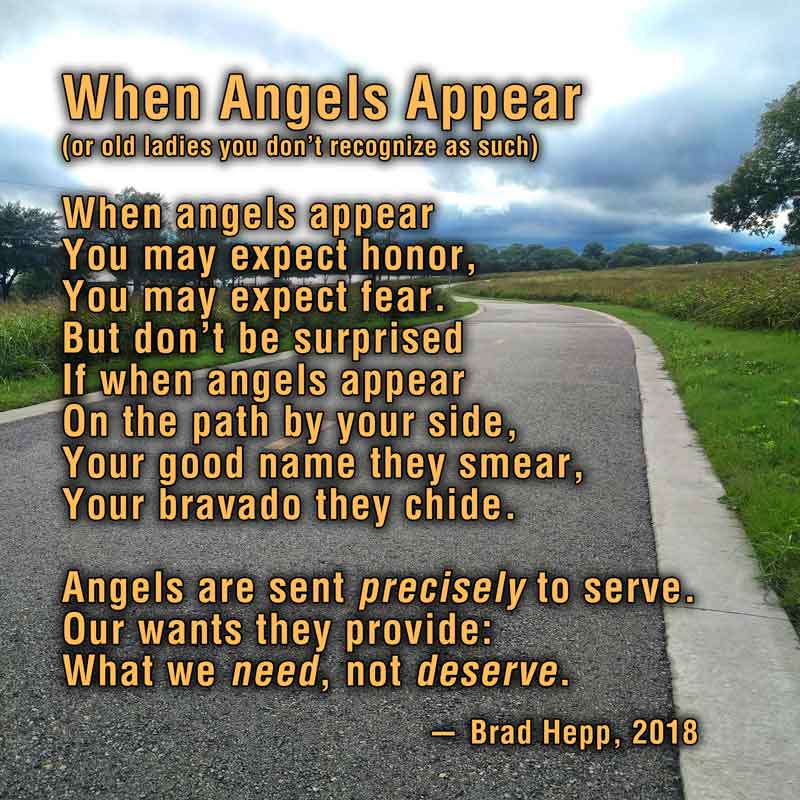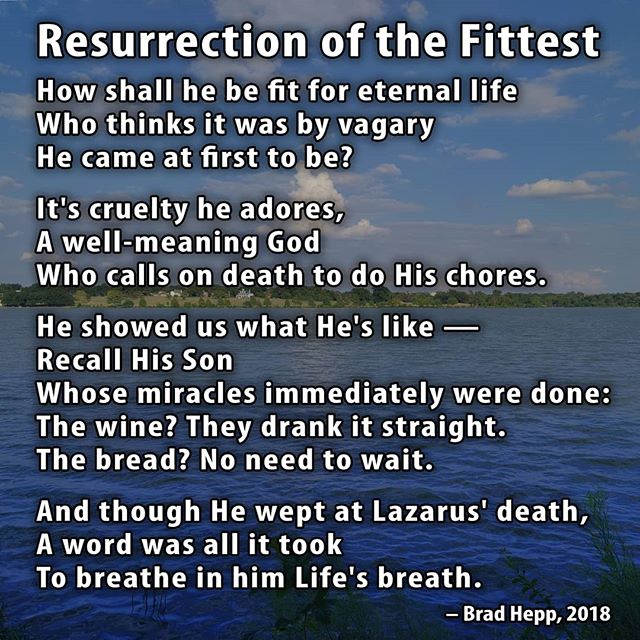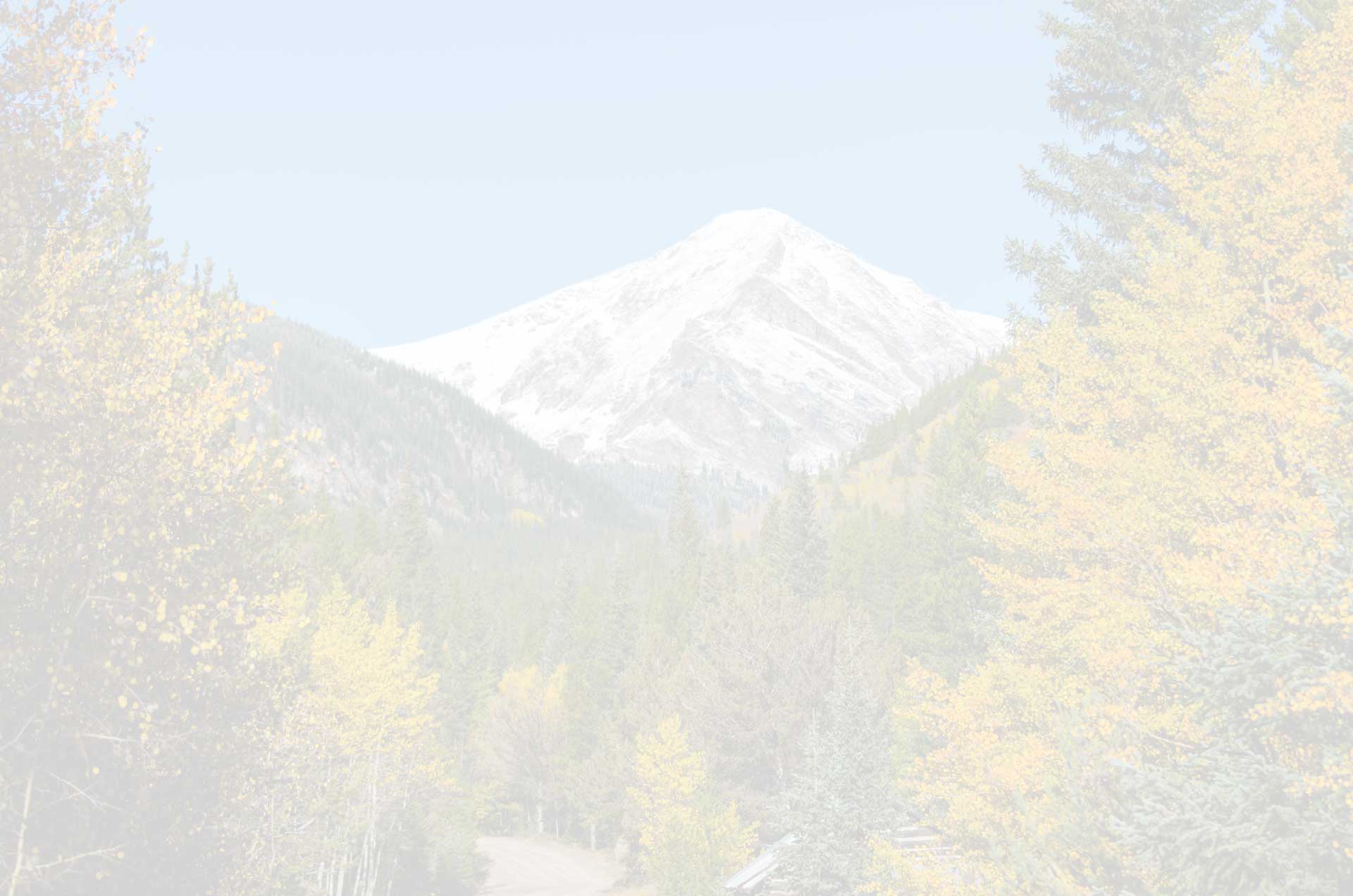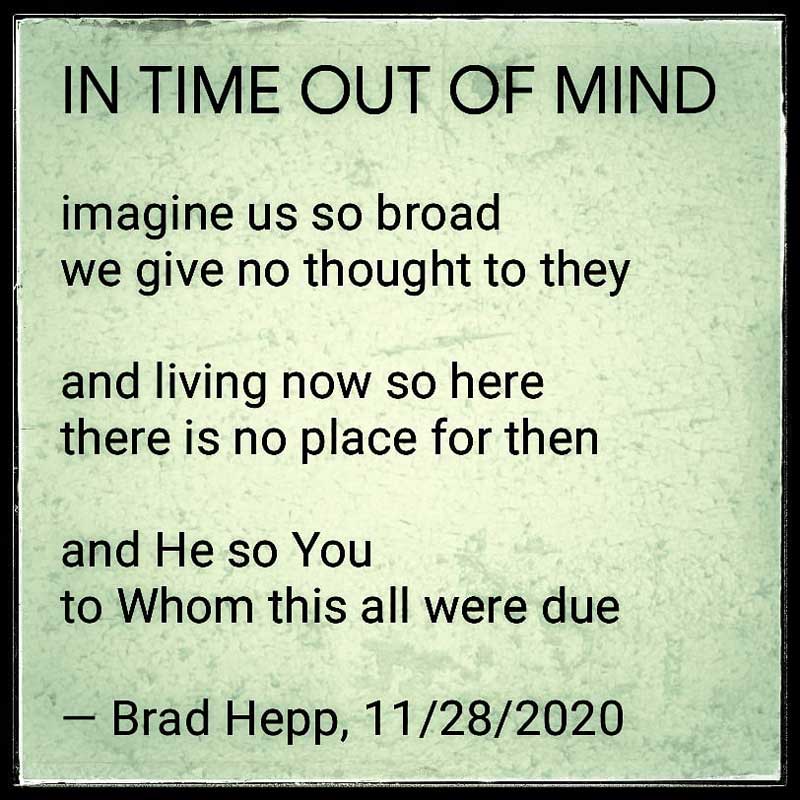
Commentary
A friend asked me if there should be a comma after time. Here’s what I told him:
The absence of a comma opens this up to at least three interpretations. I know this style’s not everyone’s cup of tea. Are you familiar with ee cummings’ “my father moved through dooms of love“? That poem brings me to tears whenever I read it.
The slight effort of getting past the absence of punctuation in cummings may add to its emotional impact. Speaking of tea…. Coffee is better than tea precisely for its body, that it slides down not so easily.
So, here are some pointers to meaning:
- “In time” can mean “eventually”
- “Time out of mind” is unimaginably long, think Eternity.
- In a polarized world, it is always “us” versus “they” (deeper in grammar, “us” receives the malevolence that “they” inflict — objective vs subjective). I like to think of a time when there is such peace between a broad diversity of people, that all of us are “WE,” and we never even think of “THEM.”
- Currently, things are not as they should be. Even at home, we know we are not where we wish to be. A time is coming when we’ll be where we long to be. Then and there, we’ll be at ease. Then and there we’ll be content with here and now.
- Where will we be? In the presence of the One who is making all things new, the One who will satisfy our hopes and dreams. Now, He often seems distant. We refer to Him in second person, as “He.” Then we’ll address Him face-to-face as “You.”
“Change” Poems:
Previous: Pleasant Sadness
Next: Matters More and Less
